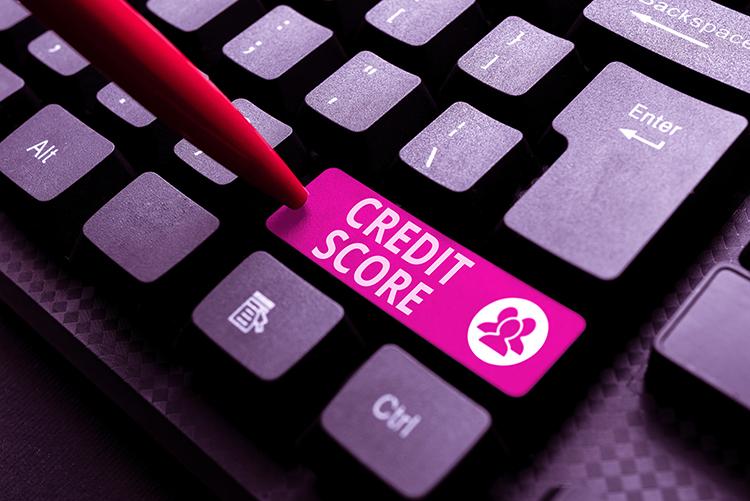UOKiK investigates creditworthiness assessment practices in banking sector
The President of the Office of Competition and Consumer Protection (UOKiK), Tomasz Chróstny, has launched an investigation into potential restrictions on competition within the banking sector. The inquiry focuses on the principles used to assess consumer creditworthiness and how these practices impact loan conditions.
According to Chróstny, banks and lenders determine a consumer’s creditworthiness using a scoring model developed by the Credit Information Bureau (BIK). This system evaluates various factors, including repayment history, outstanding debt, and the number and types of financial obligations. However, it also considers the frequency of credit inquiries made by the consumer, meaning that merely seeking loan offers from multiple banks can negatively impact a borrower’s credit score, even if no credit decision is issued.
The investigation, which has been ongoing for several months, raises concerns that the BIK scoring model may restrict competition among banks. Chróstny noted that rational consumers looking for the best loan conditions—particularly mortgages—often apply to multiple banks. However, many are unaware that each additional inquiry can lower their credit score, ultimately affecting their creditworthiness across the entire banking sector. This situation is comparable to an insurance customer being penalized simply for requesting policy quotes from multiple providers or a mobile phone user facing worse contract terms for comparing different telecom offers.
If a consumer submits applications to several financial institutions to compare loan terms, they risk a significant reduction in their BIK credit rating. As a result, they may receive a lower credit assessment or even a loan rejection. This mechanism could be considered anti-competitive as it discourages consumers from actively seeking the most favorable loan conditions while allowing banks to exchange information about inquiries made by potential borrowers. The current model appears to discriminate against financially responsible consumers who wish to compare multiple offers before making a final decision.
This issue is particularly concerning for those applying for mortgages, as they often have limited time to secure financing for a property. Given the nature of such loans, it is logical for consumers to seek multiple binding offers before committing. However, under the current BIK scoring model, such prudent behavior may result in a lower credit score, potentially leading to less favorable loan terms or outright rejection.
Chróstny cited a case of a consumer who sought consolidation loan offers from several banks. Despite having no history of missed payments or debt issues, his credit score was significantly reduced due to multiple inquiries sent to BIK within a month. Each additional request further lowered his rating, even though no bank had rejected his loan application. Such practices, according to Chróstny, raise questions about whether the creditworthiness assessment serves its intended purpose or if it instead enables unfair market practices.
UOKiK’s investigation aims to determine whether the current scoring model constitutes a restrictive business practice. The agency is particularly examining whether financial institutions coordinate information exchange in a way that distorts competition. The case extends to both consumer and mortgage loans, with potential consequences for the entire banking sector.
While the investigation is currently focused on general industry practices rather than specific entities, if UOKiK confirms anti-competitive behavior, it may initiate antitrust proceedings. Such proceedings could result in financial penalties of up to 10% of a company’s annual turnover for engaging in practices that restrict market competition.
Companies involved in such practices may mitigate penalties through the leniency program. This initiative allows businesses and individual managers who cooperate with UOKiK and provide evidence of illegal agreements to reduce or, in some cases, avoid monetary sanctions.
Interested parties can contact UOKiK via a dedicated hotline at 22 55 60 555, where inquiries, including anonymous ones, are handled by the agency’s experts.









